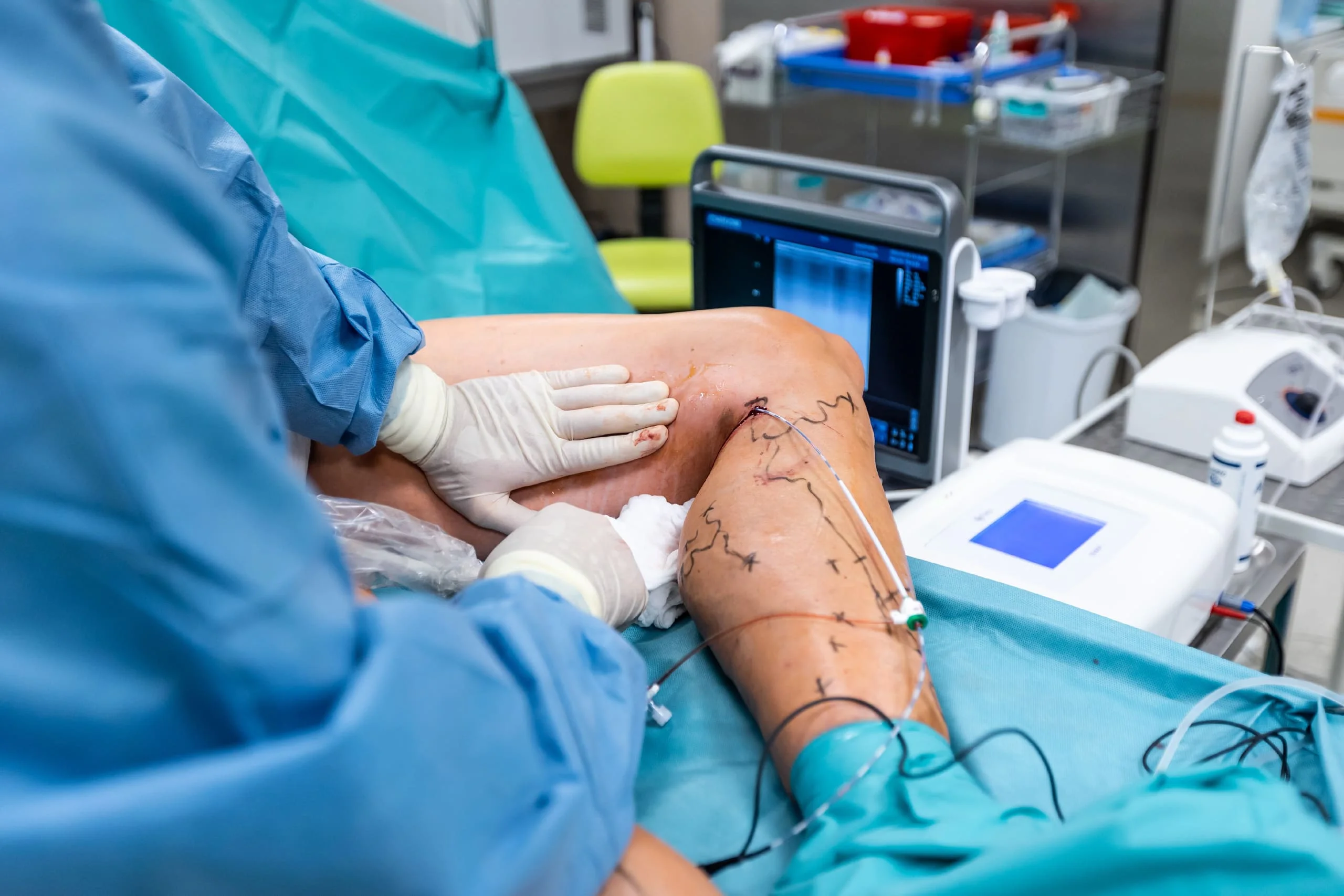Understanding Vascular Surgery: A Lifesaving Specialty for Circulatory Health
In the human body, the circulatory system is a vital part of keeping us alive. It transports oxygen and food to tissues and organs and assists in removing waste products. When that system is troubled, it can cause severe complications that involve the heart, brain, extremities, and other essential components. That is when vascular surgery comes into play—a division that specializes in diagnosing and correcting blood vessel disorders.
In this blog, we’ll explore what vascular surgery involves, the conditions it addresses, treatment options, and why seeking timely care from expert professionals matters more than ever.
What Is Vascular Surgery?
Vascular surgery is a specialty in medicine that deals with the diagnosis and treatment of diseases affecting the arteries, veins, and lymphatic system. Although most vascular disorders can be treated non-operatively, vascular surgeons are taught to conduct intricate procedures when they become unavoidable—ranging from minimal interventions to open surgery.
Unlike cardiothoracic surgeons who operate on the heart, vascular surgeons operate on blood vessels outside of the heart and brain. This comprises such regions as the legs, arms, abdomen, and neck. They aim to correct normal blood flow and avoid life-threatening complications such as stroke, aneurysms, or loss of a limb.
Common Conditions Treated by Vascular Surgeons
Peripheral Artery Disease (PAD)
PAD occurs when arteries in the limbs—particularly the legs—are narrowed by plaque buildup. Leg pain while walking, numbness, or slow-healing wounds may be present in patients.
Aneurysms
An aneurysm is a blood vessel wall weakened area that bulges outward. It can rupture and lead to internal bleeding and death if not treated. Abdominal aortic aneurysms (AAA) are one of the most prevalent.
Carotid Artery Disease
This disease involves the arteries supplying blood to the brain. Strokes are caused by blockages in these arteries. Vascular surgeons frequently perform carotid endarterectomy to deplete plaque and decrease stroke risk.

Deep Vein Thrombosis (DVT)
DVT is the creation of blood clots in deep veins, commonly found in legs. If the clot dislodges, it can move to the lungs and result in a pulmonary embolism, a fatal condition.
Varicose Veins
While sometimes regarded as purely a cosmetic problem, varicose veins can cause pain, swelling, and other vascular issues. They may be treated by vascular surgeons with sclerotherapy, laser treatments, or with minimally invasive surgery.
Chronic Limb-Threatening Ischemia
With very severe PAD, reduced circulation in the limbs can result in chronic pain, non-healing ulcers, or gangrene. If left untreated, amputation will eventually become necessary.
Modern Treatment Options in Vascular Surgery
The vascular surgery field has progressed dramatically over the last few years, and many procedures can now be done with less risk and shorter recovery times.
Endovascular Surgery
It uses catheters and guide wires to enter the blood vessel through small cuts. It's most often used to deliver stents, dissolve clots, or repair aneurysms. Endovascular procedures will generally result in faster recovery and fewer complications.
Bypass Surgery
When arteries are highly blocked, surgeons might make a bypass with synthetic grafts or the patient's veins. This revitalizes the flow of blood by redirecting it around the blockage.
Angioplasty and Stenting
This is a minimally invasive procedure where a tiny balloon is inflated within a blocked artery and frequently a stent is put in to keep the artery open. It's often used for PAD and coronary artery disease.
Vein Ablation
For patients with varicose veins, procedures such as radiofrequency ablation or laser treatment can seal off the damaged vein, diverting blood to healthier ones.
Importance of Early Detection and Treatment
Most vascular diseases progress quietly and slowly. Individuals tend to attribute initial symptoms such as leg cramps, numbness, or prominent veins to age or exhaustion. Delaying treatment, however, could lead to severe complications such as stroke, heart attack, or amputation.
That’s why early diagnosis is key. Vascular surgeons use tools like ultrasound, CT angiography, and MR angiography to assess blood flow and detect abnormalities. With timely intervention, patients can often avoid major surgery or permanent disability.
Who Should See a Vascular Surgeon?
You might benefit from seeing a vascular surgeon if:
You experience leg pain or numbness while walking
You have visible varicose veins or leg swelling
You’ve had a stroke or mini-stroke (TIA)
You have a history of aneurysms in your family
You have wounds on your legs or feet that will not heal
You have diabetes, high blood pressure, or irregular cholesterol levels—diseases associated with vascular disease risk
Why Choosing the Right Care Matters
Not all vascular conditions need to be operated on, but when they do, one should select a health facility with trained staff and updated equipment. The qualified vascular surgeon will carefully assess your condition, define your choices, and walk you through the best treatment for you.
Conclusion
At Adam Vital Hospital, our experienced team of vascular surgery specialists applies state-of-the-art diagnostics and minimally invasive procedures to offer safe, effective, and customized care. From varicose vein treatment to the management of severe aneurysms, we focus on your comfort, recovery, and future well-being.
If you're suffering from symptoms of vascular disease or have been diagnosed with a circulatory condition, don't delay.
Call Adam Vital Hospital today and take the first step on the road to improved blood flow and an improved quality of life.
Comments
Post a Comment